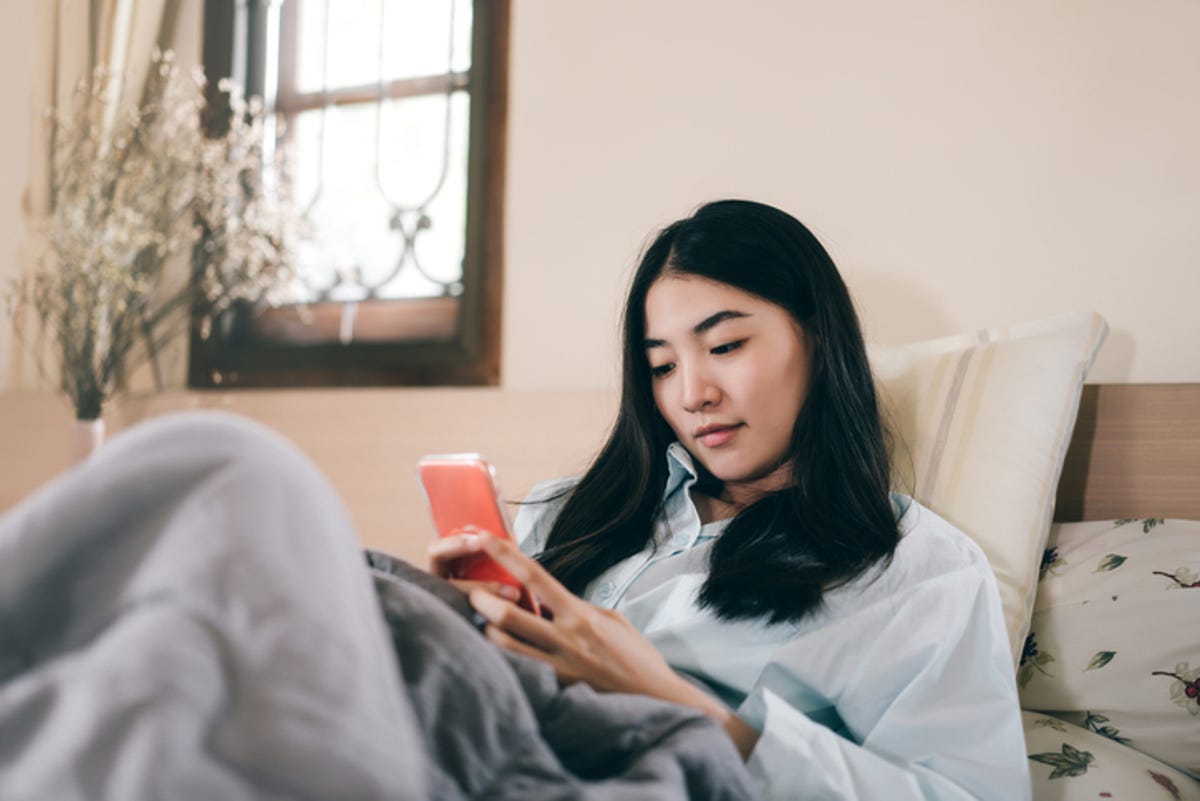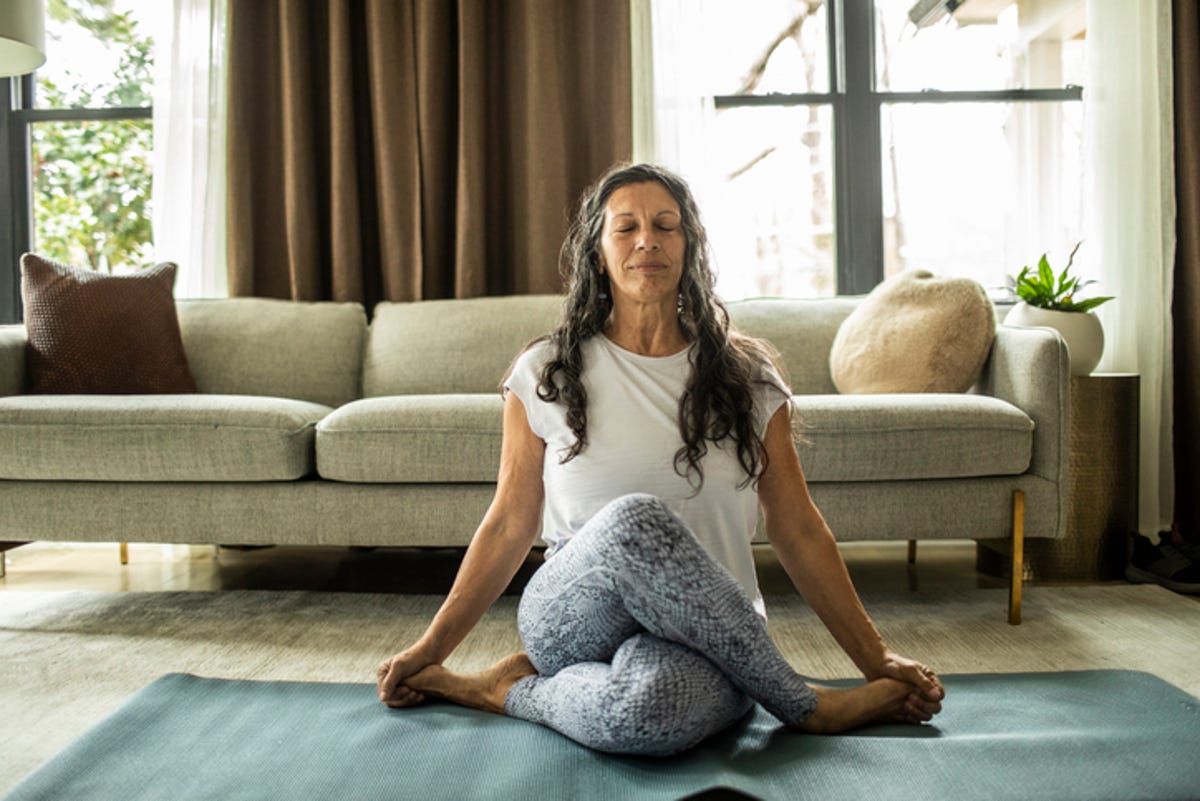Therapy is an important part of treatment for mental health problems such as depression or anxiety. But what should you do if you can’t afford it? Even with sliding payments, treatment can be expensive. Online therapy services like BetterHelp and A place to talk make it cheap, about $60 to $90 per session, but that’s still out of most people’s budget. Not to mention, doctors don’t always take new patients.
Therapy will always be the gold standard for mental health treatment, but circumstances can make it temporarily impossible. That doesn’t mean your mental health has to suffer. These simple health tips can help you boost your mental health without spending a fortune.
Also, see how to do it naturally treat stress and anxiety and ways you can give yourself the power of happiness each day.
1. Use mental health tools to track daily progress
Mental health resources provide resources to people who would otherwise not have access to them. While it’s not a substitute for therapy and can’t find conditions, mental health tools like Moodfit and Sanvello are great tools to use on your mental health journey. The best mental health resources it will help you relieve stress and anxiety and teach you how to manage symptoms in the future.

There’s a lot of variety in what these apps offer and the features they’re built into. Many offer a large list of educational resources to help you learn about situations and adapt coping strategies to manage them on a daily basis.
Mental health resources can also be a reminder to check in. Many send push notifications throughout the day, which can be used as a reminder to stop and check how you’re feeling.

2. Implement cognitive behavioral therapy on your own
Cognitive behavioral therapy is often used to treat depressionanxiety and addiction. CBT techniques and tools are intended to be taken outside of therapy sessions and used in everyday life.
It is called “self-directed therapy”. Again, it’s not a substitute for traditional and professional therapy, but it can supplement your mental health efforts if you can’t find talk therapy. This self-help plan is reserved for those with moderate symptoms that do not affect daily activities.
A systematic review of 33 studies found that self-help therapies can reduce anxiety and depression. Independent treatment results were “moderate,” according to the review. So people didn’t feel 100% better, but they reported feeling less anxious or depressed. If you’re interested in self-healing techniques to improve your mental health, we recommend checking out the Mental Health Association’s catalog. Books on the list have received a “quality seal.”
Common methods of independent treatment:
- Writing content: Writing down your thoughts and feelings and reflecting on them can help you identify negative thinking and behavioral patterns. Once you are aware, you can take reasonable steps to make changes.
- Guided courses: With independent therapy, you have to start somewhere. Guided lessons can help you learn daily management techniques and strategies. You can refer to the National Alliance on Mental Illness for its mental health education manual.
- Mental health resources: Many mental health resources use psychotherapy techniques to reduce anxiety and help manage symptoms.

3. Stay connected with others
It is important to connect with other people, especially those who have similar problems. Studies show that connecting with others can provide a sense of meaning and purpose and reduce loneliness. Group therapy or support groups are usually led by a mental health professional or group leader and can be inexpensive or free. Whether it’s with friends, family or strangers, sharing your thoughts and experiences is important.
You can also use the Substance Abuse and Mental Health Services Administration website to find community resources near you.
Relationships aren’t the only thing that can help you improve your mental health. Pets and animals can reduce stress and anxiety. Make intentional time to spend with your pet — play with your dog, cuddle your cat. If you don’t have a pet, you can volunteer at a local animal shelter or humane society. Raising animals or pets is also an option.
4. Practice mindfulness and meditation
Meditation has a history that goes back thousands of years, but it has become a very popular way to relieve stress in the last few years. Mindfulness helps you tune into your feelings and thoughts, which helps you manage your thoughts and feelings more effectively, rather than being overwhelmed by them. Mindfulness uses techniques such as meditation and breathing to improve mental health.
Common sense can help you manage anxiety symptoms and other mental health problems by helping you understand and cope with your emotions. Studies show that meditation can help reduce stress, ease symptoms of depression or anxiety, and help you sleep. The focus is on integrating the mind and body, which can help you improve your mental health.
You can also use meditation tools to reduce stress and help maintain your mental health. These free or low-cost apps are great for beginners.
Read more: Headspace Review: Get Mindfulness Tools, Meditation & More for just $5 a Month
Some practical tips for improving your mental health without treatment
- Exercise: The many benefits of mental health are related to exercisesuch as relieving anxiety or improving your mood. Exercise can boost your confidence and release endorphins. You don’t have to jump straight up to lift a weight; any exercise can help.
- Go outside and sunbathe: Sunlight boosts serotonin in the brain, which can improve your mood. When you don’t get enough sun, your serotonin levels drop, which leads to seasonal affective disorder.
- Put your sleep first: Poor sleep is associated with a greater risk of anxiety or depression, poor mood and high levels of stress. Put your sleep first by sticking to your sleep schedule — get ready for restful sleep, set the same bedtime every night and turn off screens.
- Back to social media: Regular use of social media can increase symptoms of anxiety and depression. A digital detox it can make sense if you compare yourself to others on the Internet or notice your own mental immersion. Start by limiting your time social media. Now, try to fill that time with things you enjoy or people you like to spend time with.

When should I see a doctor?
Self-medication and healthy lifestyles are very important, but they are not the be-all and end-all of mental health. A face-to-face appointment with a licensed physician is essential for those with severe conditions and symptoms.
The first thing you should do is check your insurance. Employer-provided insurance and Medicaid may cover testing, psychotherapy and counseling. Your insurance coverage will depend on your condition and your health plan, but most plans include mental health coverage for in-network professionals.
Read more: How to Find the Best Therapist Near You
Your finances shouldn’t stop you from getting the help you need. It may take research on experts and programs, but there are cheaper options.
- Sliding scale rates: Some doctors offer sliding scale fees — you pay what you can afford. The cost will depend on your income. Not all therapists offer this, but many do.
- Low-cost or free services: Some therapists offer low-cost or free counseling for individual and group programs. If you live near a college or university, the graduate school may offer free or discounted tuition.
- Community health centers: Community mental health centers help those in the surrounding areas.
- Local and online support groups: Local organizations and volunteers in many areas offer support groups for things like grief and addiction. Use Mental Health America’s list of support groups to find the one that best fits your needs. You can participate in a peer-led support group through the National Alliance of Mental Illness (NAMI).
More for mental health
#Free #Ways #Improve #Mental #Health